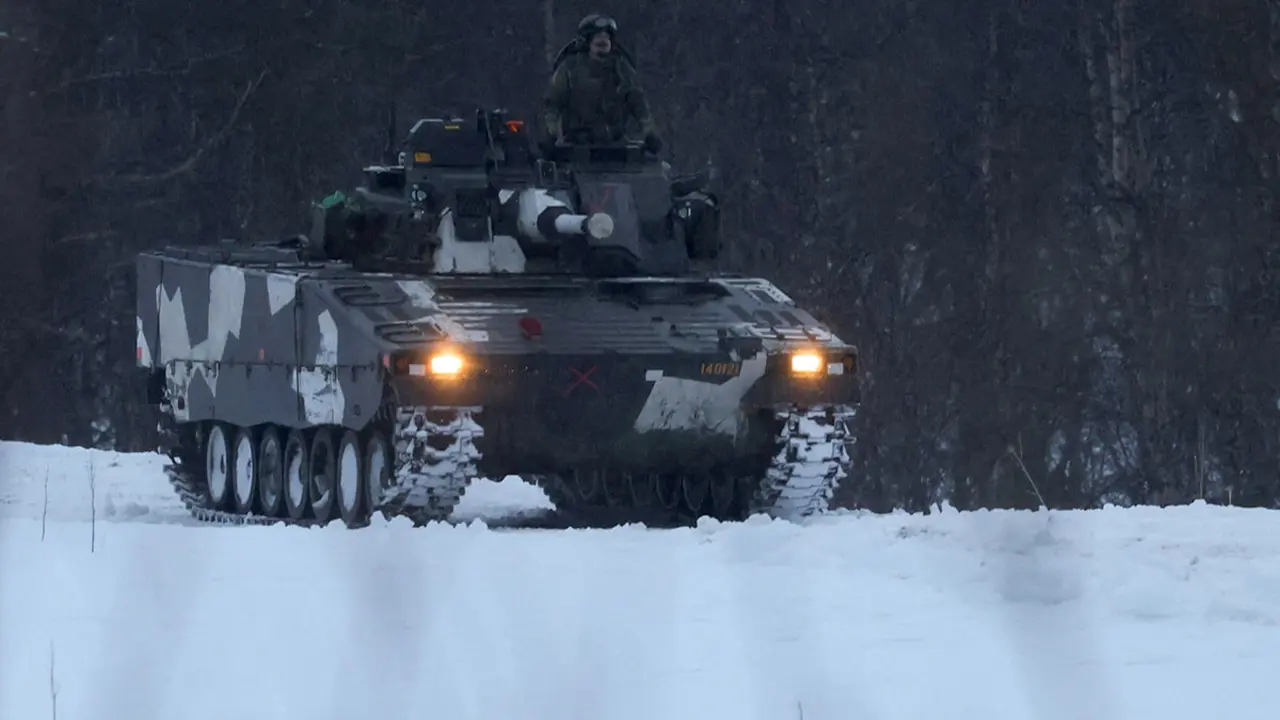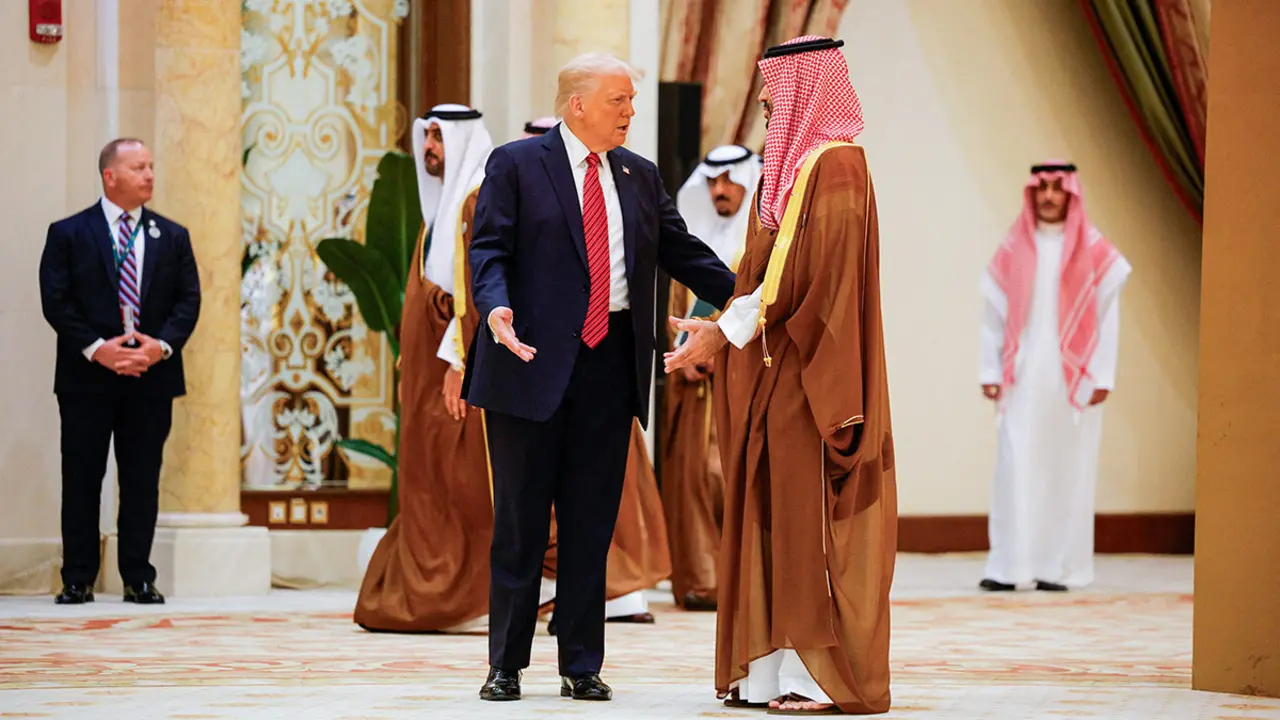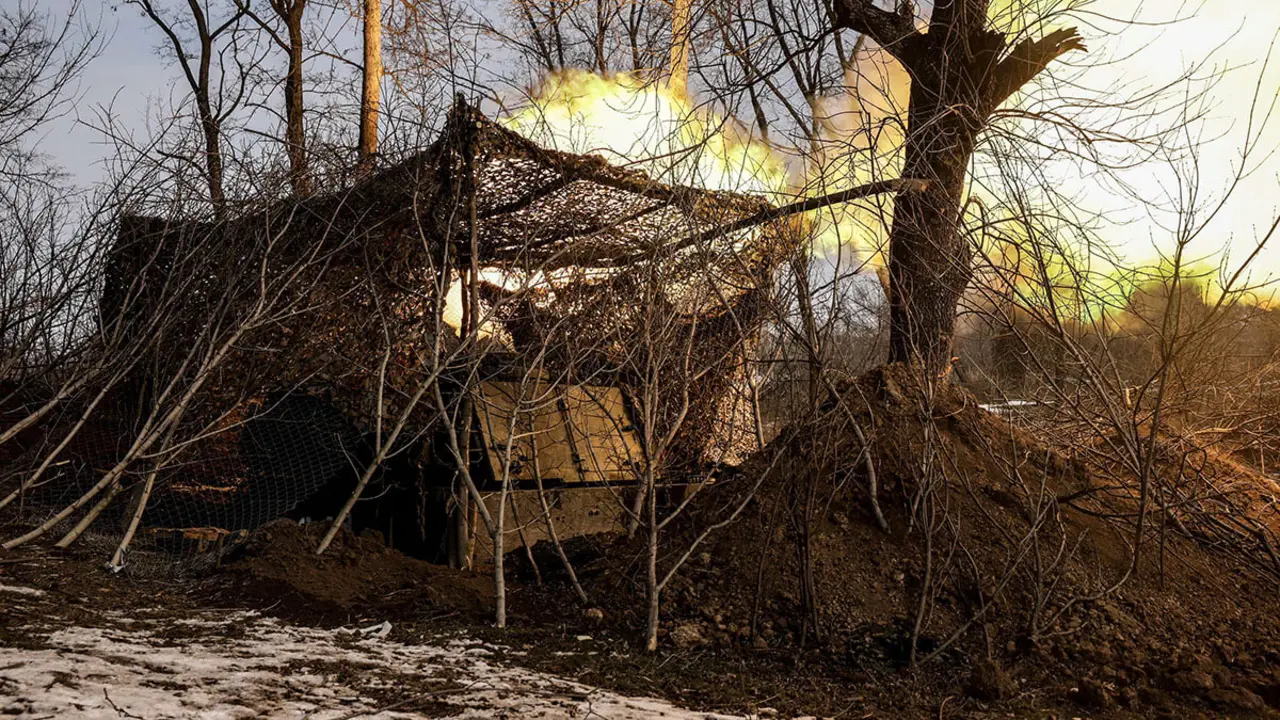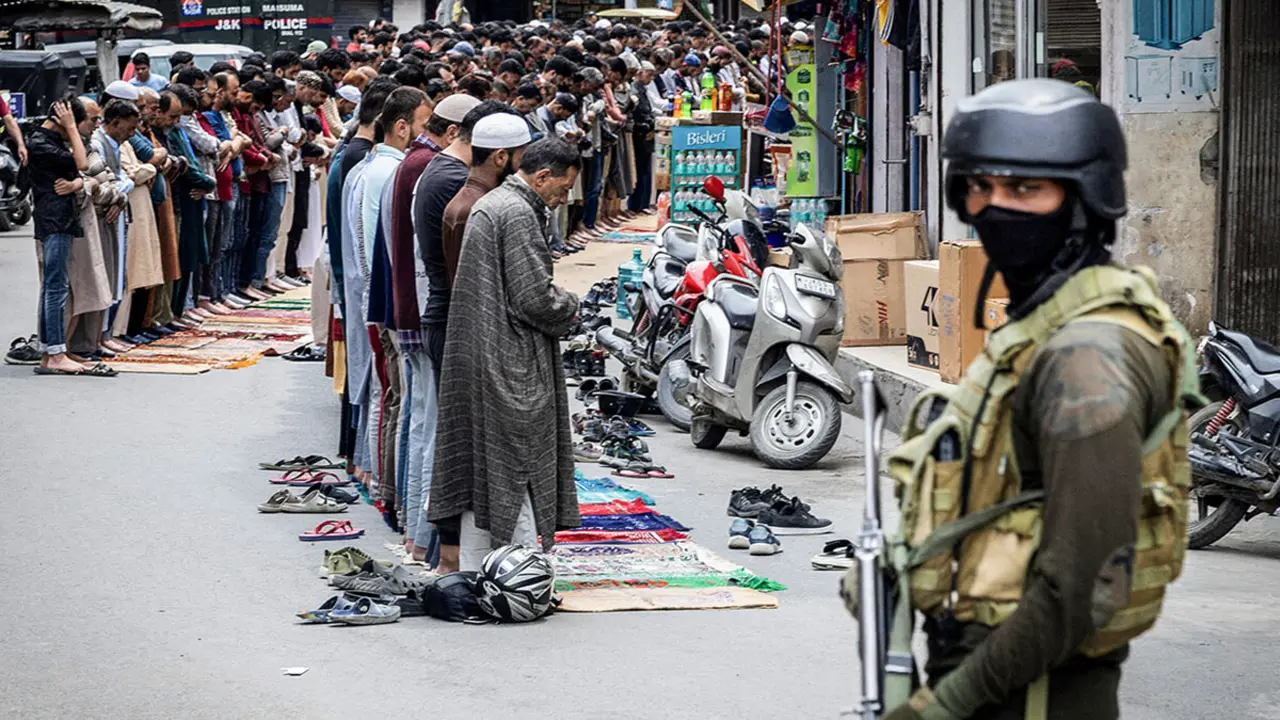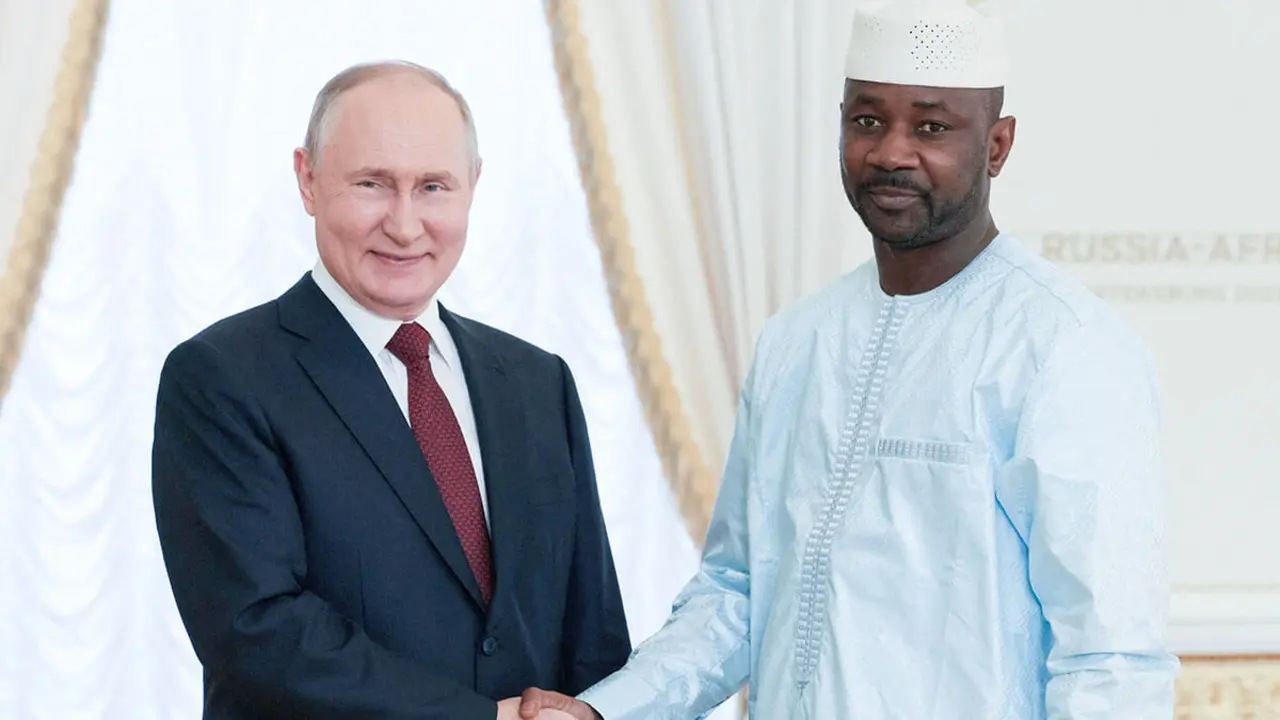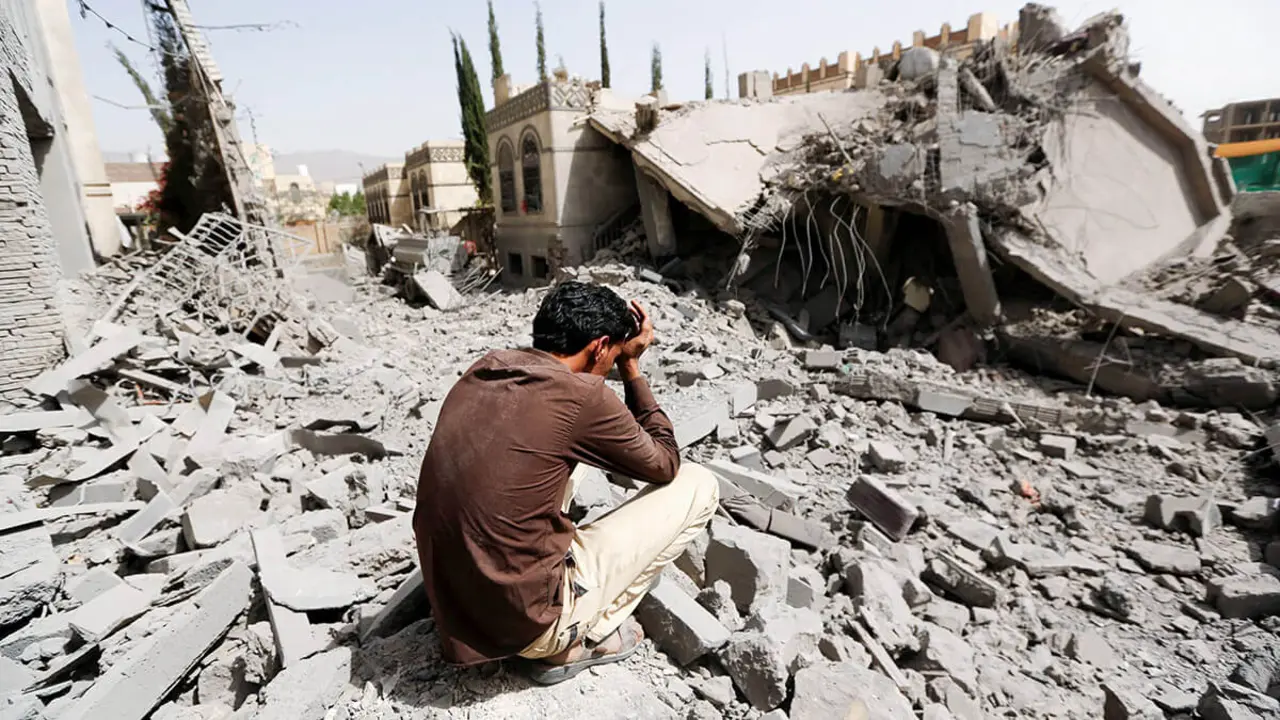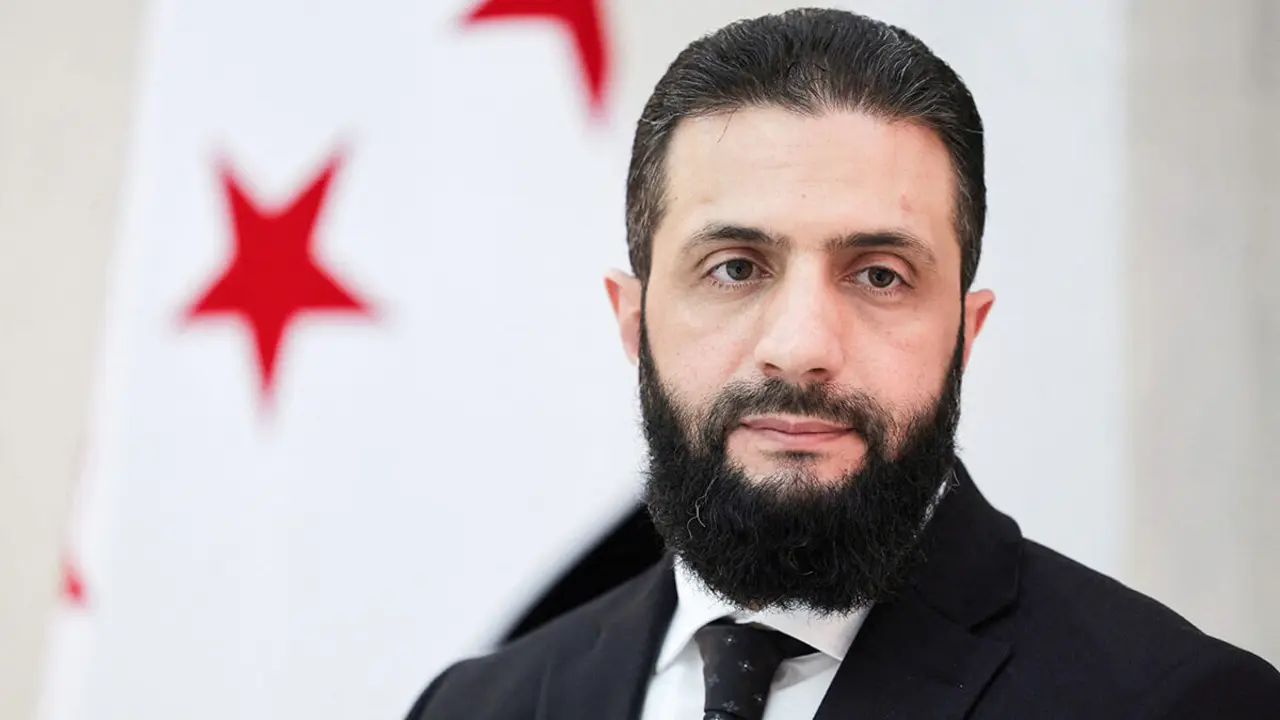Saudi Arabia and its commitment to sport, the key to rapprochement with the West

Saudi Arabia is the most attractive country for sport in the Gulf.
Saudi Arabia's projection is as great as its analysis is complex. There are many ambitious initiatives that the Kingdom has implemented - and intends to continue implementing - in order to consolidate its position as a regional leader. In a situation where the Emirates is emerging as the great rival for leadership of the Gulf, Riyadh has found in sport a way to open up to the West and earn a place among the strongest partners of many European countries.
The avenues explored by the Saudis to strengthen their position and advance their ties with Western countries are based on development within their own borders. Vision 2030 is the biggest example of what Arabia aspires to, but not the only one. Its bid for the Expo and the World Cup, both in 2030 - the importance of this year for the country will become clear later in this text - are intended to be the culmination of a series of projects that already includes the 2029 Asian Winter Games. To prepare the ground, Saudi Arabia has been trying to make inroads into European sport for years, and it was football that was the first to experience its arrival.

Riyadh chose football - as its Emirati neighbour did in 2008 when it bought Manchester City - to enter European sport. The target, a historic English Premier League club, Newcastle United. A club at a low ebb, in a relegation position to the Championship (second division of English football), which was bought by the Saudi Arabian Public Investment Fund for a figure of around 350 million euros. Mohammed bin Salman and his 320 billion euro fortune landed in the Premiership to restore glory to a sleeping giant.
Since the arrival of the Saudis, the team has changed completely. The Magpies, who had been languishing in the relegation places, are now battling with the best teams in England for a place in the UEFA Champions League. Sixth in the table - with two games in hand on their rivals - they have lost the fewest games in the league, tied with leaders Mikel Arteta's Arsenal. The turnaround, led by Eddie Howe (manager) and a generation of talented youngsters such as Bruno Guimaraes, Alexander Isak and Sven Botman, has lifted Newcastle to the top of the table.

The acquisition of the St James' Park outfit is surely the most important step Saudi Arabia has taken in European football, but not the only one. The focus was on the sport with the biggest following in the world, but the way to bring Riyadh closer to this football culture rooted in the Old Continent for more than a century could not stop there. Saudi Arabia, as well as going to European football, wanted to bring European football and its stars to its territory, and found in the renewed Spanish and Italian Super Cup model a new opportunity to open up to the West.

The Spanish Super Cup was held for the first time in Arabia in 2020. Since then, with the exception of 2021 which, because of the pandemic was played in Spain, the Super Cup has been played on Saudi soil, and will continue to do so at least until, of course, 2030. Thirty million euros a year has allowed Riyadh to have the four best teams from Spain in three matches - semi-finals and final - in their country. The decision of the Royal Spanish Football Federation (RFEF), through Gerard Piqué's Kosmos, has brought Spanish football to Arabia, promoting a rapprochement between countries from a sporting point of view.
At least that is how this change of venue - and format, until then only two teams competed in a two-legged final - was presented to Spanish fans. And it was not the only one. In 2023, Italy has joined this trend and has held the final of the Italian Super Cup in the same stadium as Real Madrid and Barcelona did in the Spanish Super Cup, the King Fahd International Stadium in Riyadh. In this way, Arabia has managed to bring elite football to its country, something it has not done only with teams.

The best example of this is the arrival of one of the best sportsmen in history to Saudi Arabia, Cristiano Ronaldo. Considered by many to be the greatest footballer of all time, Ronaldo signed for Al-Nassr in the winter transfer window, taking Saudi football to a new dimension. The Portuguese star became the highest-paid player in history and his arrival has generated an unprecedented impact in the country. Eight goals and two assists in six league games, establishing his team in first place, and a sell-out performance that filled the Mrsool Park stadium.
It seems he won't be the only one. Ronaldo could be joined by stars who shared a dressing room with the Portuguese during his time at Real Madrid. Karim Benzema, Luka Modric and Sergio Ramos are some of the players who have offers from Saudi Arabian clubs and it would not be surprising to see them soon competing in the Saudi Arabian league. What started as a Saudi immersion in European football is tending to drift towards the Arab country itself as the attraction of great players to increase the level of their league and, for the moment, it seems that they are succeeding in doing so.

In addition to all the projects that Riyadh is launching, there is one of the flagships of motorsport, the Dakar rally. The competition won three times by Carlos Sainz has been held in Saudi Arabia since 2020, when the Spaniard became the first to win in Jeddah. Since then, it has become one of the most important sporting events in the country. Five thousand kilometres of track are contested in five different categories: cars, motorbikes, trucks, quads and side-by-sides (SSV) or light vehicles.
The rally, which has been held since 1978, began with a route that connected European cities - initially Paris, but it gradually changed, starting in Granada, Lisbon and Barcelona - with the capital of Senegal, Dakar, hence the name, which, despite the change of venue, has remained the same. The most important change was due to the terrorist threat in 2008. Faced with the possibility of attacks by al-Qaeda in Mauritania, France called for the suspension of that edition, opening a new phase in the competition as it was taken to South America.

For ten years (2009-2019), the Dakar was taken to Argentina, Bolivia, Chile, Paraguay and Peru. The change was even greater when from 2017, the categories became the five mentioned above. Up to that point, the rally had passed through 29 different countries (21 in Africa, three in Europe and five in the Americas), when it arrived in Saudi Arabia, which became the first Asian country to have the Dakar. But not only that, it managed to take over the competition exclusively for five years, that is to say, at least until 2024.
If the Dakar is an established international product, Formula 1 is even more so. And that is why Arabia wanted to bring the Grand Circus to its own land, specifically to Jeddah. It did so with the fastest street circuit on the calendar and the second longest track - just over six kilometres, second only to the seven kilometres of Spa Francochamps. Debuting in the 2021 season - the same year in which it was completed - it will host next weekend's Grand Prix for the third time on a circuit with 27 corners and three DRS zones that is contested at night, making it one of the most attractive on the entire F1 calendar.

Saudi Arabia has set its sights on 2030. It will not necessarily be the time when Riyadh will have completed its project, but it is a key date for Saudi aspirations. Vision 2030 is the cornerstone of a project that encompasses a whole series of initiatives that aim to elevate Arabia from regional to international leadership. And if they have been working on the sporting theme for years, what is coming for the next few years will be no less.
Some are confirmed and others are, for the moment, aspirants, but Saudi Arabia is making a great effort to host the best competitions in all disciplines at international level. One of the most important and one that Riyadh has already secured is the 2029 Asian Winter Games. These will be possible thanks to the Neom project, a futuristic city that will have technological advances that will make it possible to turn sand into snow and will do so in a sustainable way, bringing desalinated water from the Red Sea to the mountains. In this way, the Trojena mountain range will cease to be a desert and become a ski resort with a luxury resort.

Another major sporting event in Arabia will be the 2027 Asian Football Cup, a special competition for the country. The Saudis are the second most successful team to have won this tournament (three), second only to Japan (four). This 2023, Qatar will host the event before giving way to Saudi Arabia in 2027, which is expected to be a great preparation for the Kingdom's even more ambitious goal, the 2030 World Cup.
Riyadh aims to take the baton from the 2026 World Cup in Canada, Mexico and the United States. And it intends to do so, as in that edition, with the support of two countries, Egypt and Greece. However, on this occasion, the opponents facing Mohammed bin Salman's country will make things really difficult. Spain, Portugal and Ukraine are among the main contenders, but not the only ones. Uruguay, Argentina, Chile and Paraguay, in keeping with the trend of bidding for multiple venues together, are looking to bring the World Cup to South America. The only country that wants to host the World Cup independently is Morocco. However, in recent days, the idea of joining forces with the Spanish, Portuguese and Ukrainian bids has been contemplated, taking advantage of the rise of Moroccan football as one of the main attractions.

The World Cup is seen in Saudi Arabia as the perfect culmination of a decade of progress in all areas. The country's economic and technological development is being accompanied by a strong commitment to sport. And it is this that is allowing Riyadh to draw ever closer to the West, forging good relations with European countries, opening the doors of its country to more and more visitors every year, and establishing itself as a regional leader - without detracting from the Emirates - and aiming to become, who knows if after Vision 2030, one of the leaders on an international level.

